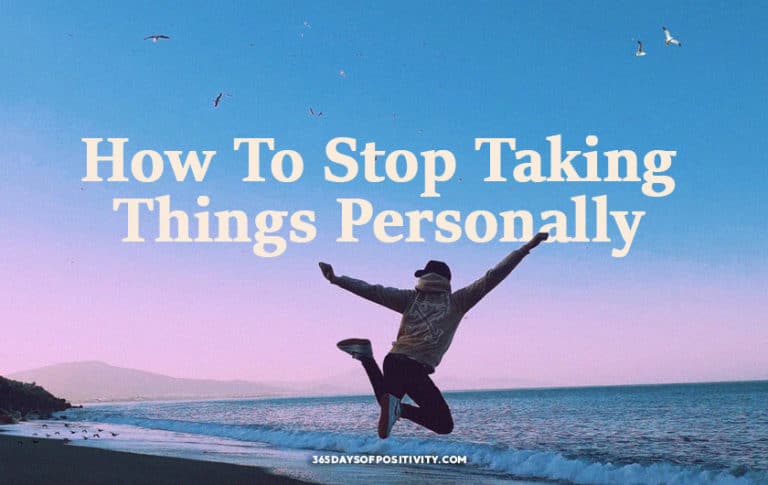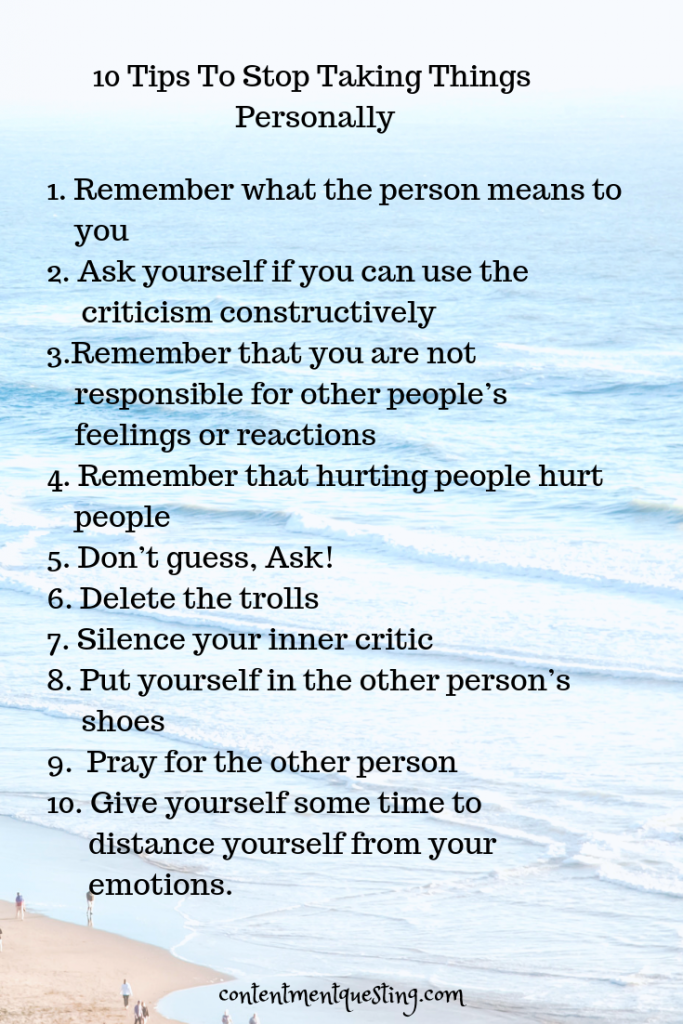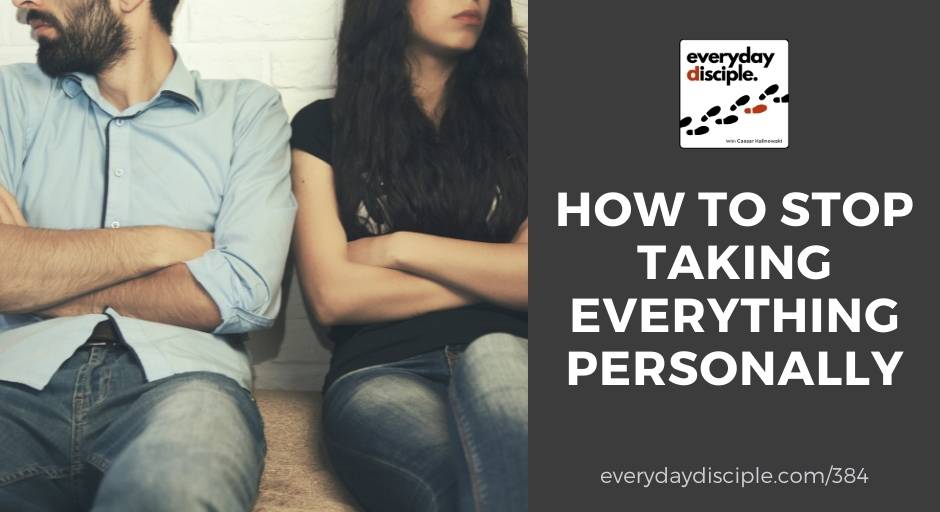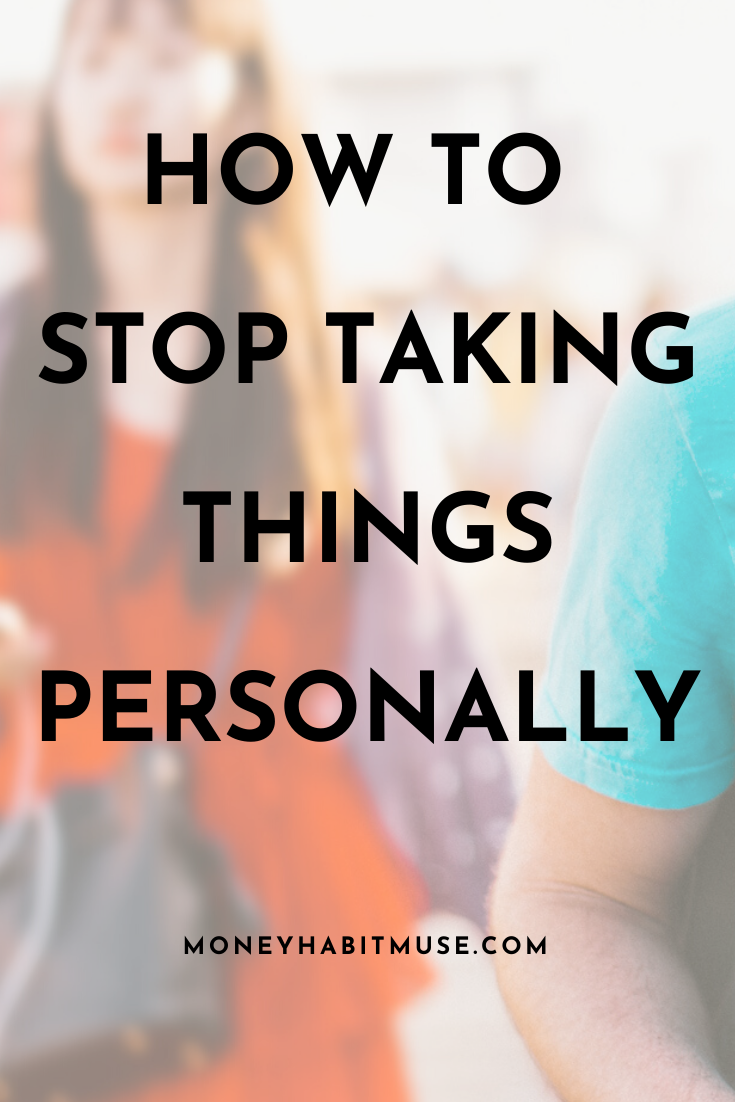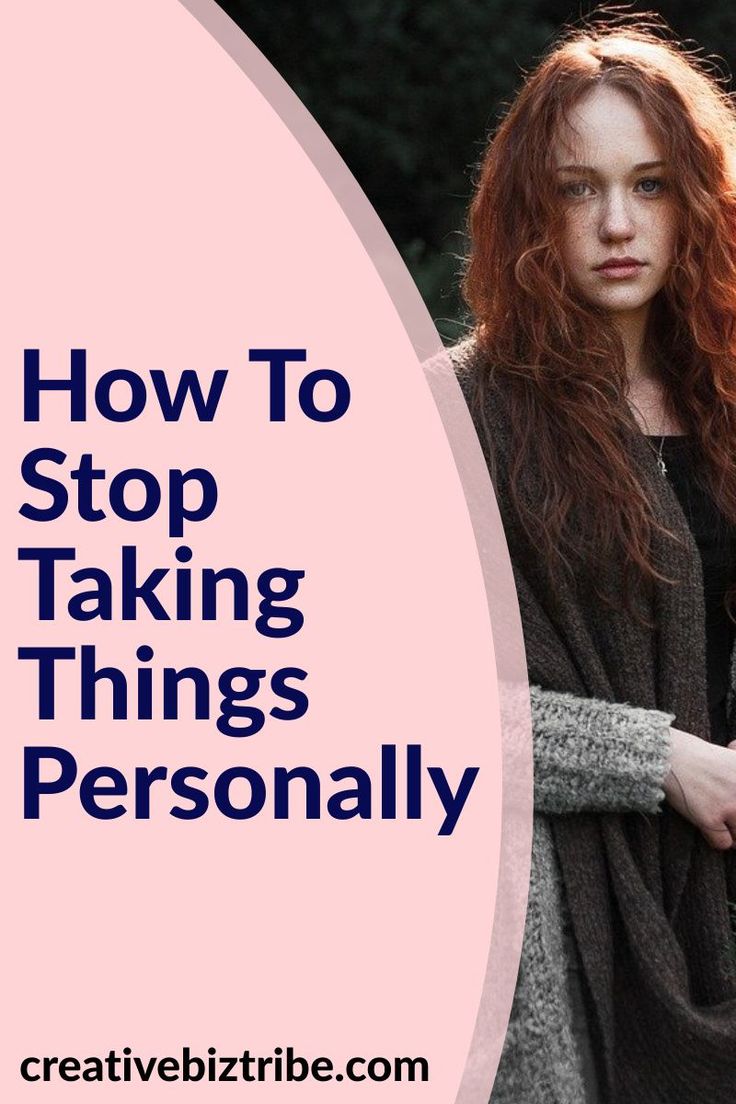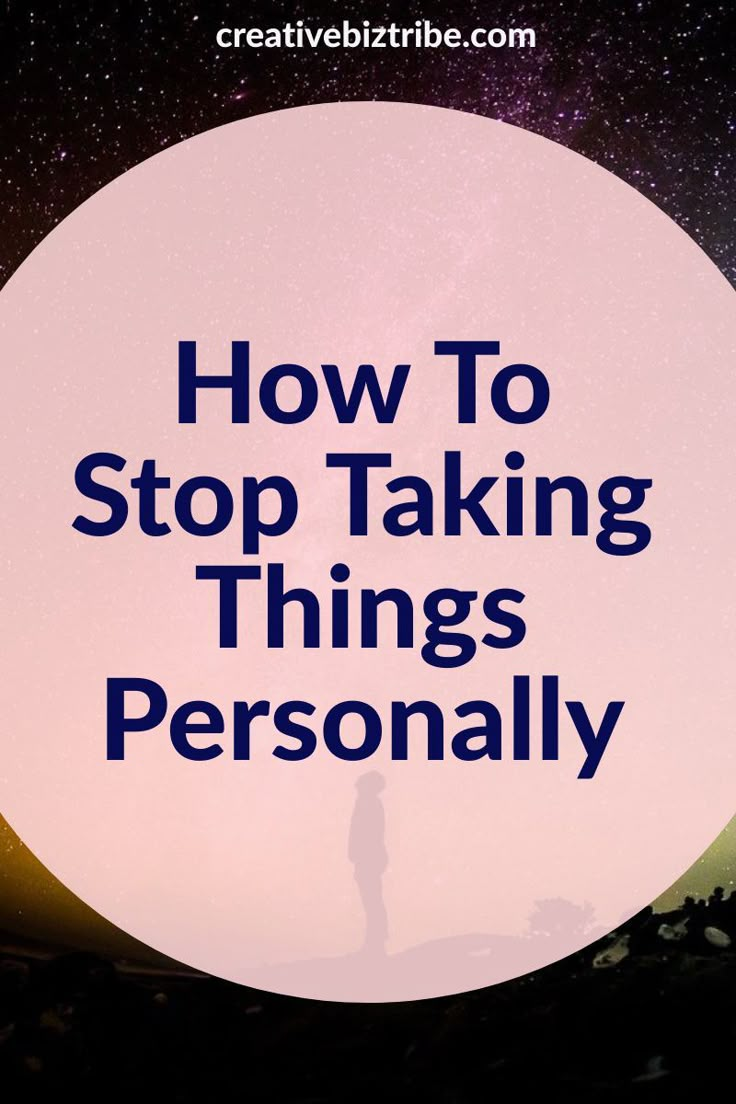How To Stop Taking Things Personally

Are you tired of feeling constantly attacked or judged? Do you find yourself replaying conversations and dwelling on perceived slights? Learning to stop taking things personally is a vital skill for improved mental well-being, stronger relationships, and increased productivity.
This article is designed for value-conscious individuals seeking practical strategies and tools to cultivate emotional resilience. We'll explore the psychology behind personalization, offer actionable techniques to detach from negativity, and review resources to support your journey.
Understanding Personalization: Why Does It Happen?
Taking things personally often stems from underlying insecurities, past experiences, and cognitive biases. We might project our own fears and anxieties onto others' words or actions, assuming they are directed at us. This can lead to misinterpretations and unnecessary emotional distress.
Another factor is the ego's need for validation and control. When our sense of self is fragile, we become hyper-sensitive to perceived threats to our status or worth. Recognizing these psychological underpinnings is the first step towards breaking free from personalization.
Strategies for Detachment: A Practical Guide
Several techniques can help you detach from taking things personally and build emotional resilience.
1. Challenge Your Assumptions: Question whether the other person's words or actions are truly about you. Could there be other explanations for their behavior? Consider their perspective, their day, and their own internal struggles.
2. Focus on Facts, Not Interpretations: Separate the objective facts of a situation from your subjective interpretations. Avoid adding emotional baggage or making assumptions about the other person's intentions. Stick to what you know to be true.
3. Practice Empathy: Try to understand the other person's point of view, even if you don't agree with it. Empathy can help you see their behavior as a reflection of their own experiences and personality, rather than a personal attack.
4. Set Boundaries: Clearly define your boundaries and communicate them assertively. Don't allow others to treat you with disrespect or violate your personal space. Protecting your boundaries is crucial for maintaining emotional well-being.
5. Cultivate Self-Compassion: Treat yourself with the same kindness and understanding that you would offer a friend. Recognize that everyone makes mistakes and experiences challenges. Self-compassion can buffer you against the sting of criticism and rejection.
6. Improve Self-Esteem: Working on your confidence in yourself can reduce your vulnerability to emotional triggers. Self-esteem can be improved in the form of positive self-talk, or doing activites that promote a good self-image.
7. Practice Mindfulness: Ground yourself in the present moment, observe your thoughts and feelings without judgment, and release the impulse to personalize the situation. Mindfulness is an excellent means to prevent rumination.
Product Shortlist: Resources for Building Emotional Resilience
Here's a curated list of resources to support your journey toward emotional detachment, tailored to different needs and budgets:
- Budget-Friendly: Free meditation apps (e.g., Insight Timer), journaling prompts available online, and library books on cognitive behavioral therapy (CBT).
- Mid-Range: Online courses on emotional intelligence (e.g., Coursera, Udemy), workbooks on self-compassion, and guided meditation subscriptions.
- Premium: One-on-one therapy with a licensed therapist, personalized coaching programs focused on building emotional resilience, and intensive mindfulness retreats.
Detailed Reviews: Unpacking the Options
Book: "Don't Take It Personally: The Art of Being Unoffendable" by Richard Carlson
This book offers simple, actionable strategies for detaching from negativity and cultivating inner peace. Carlson's writing is clear, concise, and easy to understand, making it a great starting point for beginners.
Pros: Accessible language, practical tips, focuses on mindset shifts. Cons: Can be overly simplistic for some, lacks in-depth psychological explanations.
App: Headspace
Headspace offers guided meditations and mindfulness exercises designed to reduce stress, improve focus, and cultivate emotional awareness. Its user-friendly interface and diverse content make it a popular choice for both beginners and experienced meditators.
Pros: Wide range of meditations, visually appealing interface, offers daily mindfulness exercises. Cons: Subscription required for full access, some find the narrator's voice repetitive.
Therapy: Cognitive Behavioral Therapy (CBT)
CBT is a proven therapeutic approach that helps individuals identify and change negative thought patterns and behaviors. It can be highly effective in addressing the underlying causes of personalization and building emotional resilience.
Pros: Evidence-based approach, personalized treatment, addresses underlying issues. Cons: Can be expensive, requires commitment and active participation.
Side-by-Side Specs Table: Comparing Resources
| Resource | Cost | Accessibility | Effectiveness | Time Commitment |
|---|---|---|---|---|
| "Don't Take It Personally" | $10-15 | High | Moderate | Few hours |
| Headspace | $70/year | High | Moderate to High | 10-20 minutes/day |
| CBT Therapy | $100+/session | Moderate | High | 1 hour/week |
Practical Considerations: Choosing the Right Approach
The best resource for you will depend on your individual needs, budget, and preferences. If you're just starting, a book or free meditation app may be a good option. If you're looking for more in-depth support, consider an online course or therapy.
Remember that building emotional resilience is a process, not a destination. Be patient with yourself, celebrate your progress, and don't be afraid to seek help when you need it.
Summary: Key Takeaways
Learning to stop taking things personally is essential for improving your mental and emotional well-being. Understanding the psychology behind personalization, practicing detachment techniques, and utilizing available resources can empower you to cultivate emotional resilience.
Consider your budget, time commitment, and personal preferences when choosing the right approach for you. Remember to be patient and compassionate with yourself throughout the process.
Call to Action
Start your journey towards emotional freedom today! Explore the resources mentioned in this article and choose one that resonates with you. Commit to practicing the detachment techniques regularly and watch your relationships, productivity, and overall well-being flourish.
Frequently Asked Questions (FAQ)
Q: Is it possible to never take anything personally?
A: While completely eliminating personalization may be unrealistic, developing emotional resilience can significantly reduce its impact on your life. It's about managing your reactions and interpretations, not eliminating all feelings.
Q: What if someone is intentionally trying to hurt me?
A: Even in situations where someone is deliberately trying to be hurtful, practicing detachment can help you maintain your composure and avoid escalating the conflict. Set boundaries and focus on protecting your own well-being.
Q: How long does it take to stop taking things personally?
A: The timeline varies depending on individual factors such as personality, past experiences, and the consistency of your efforts. Be patient with yourself and celebrate your progress along the way. With persistence, you can develop greater emotional resilience over time.
